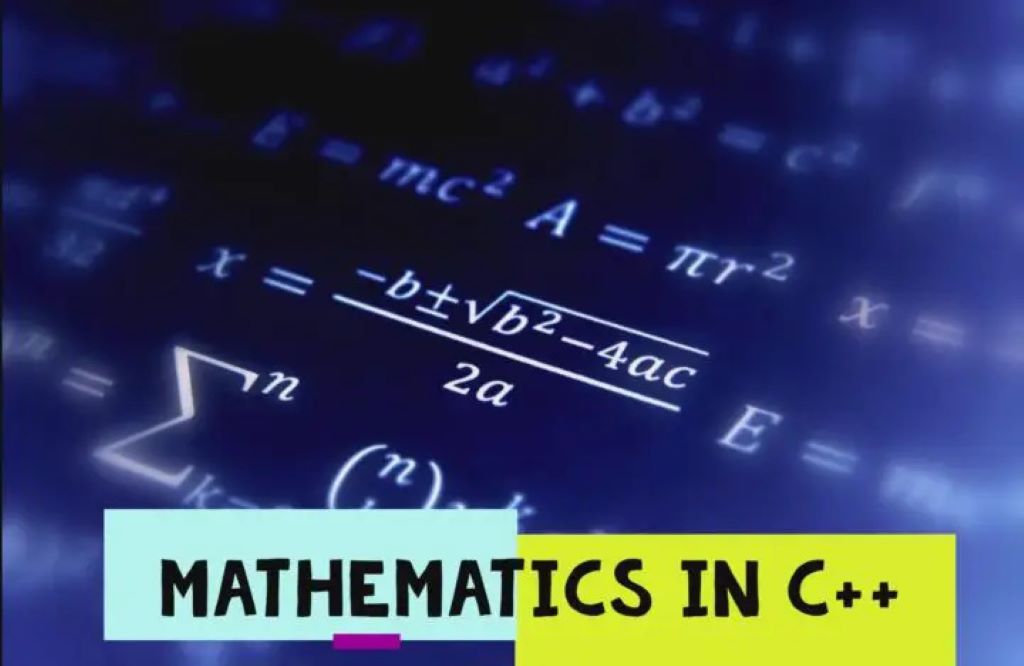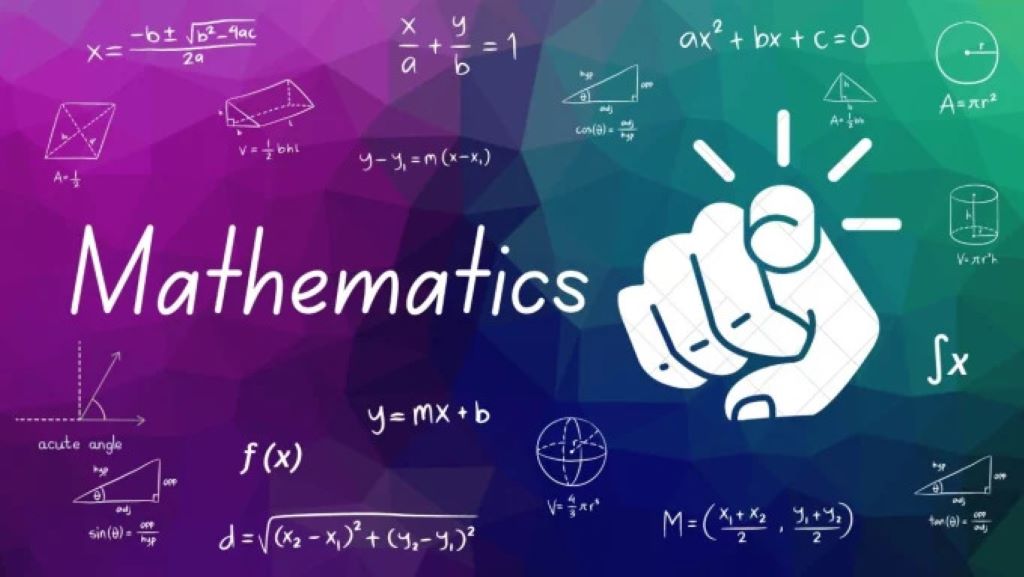
14 Aug Does C++ involve math?
If you’ve ever heard about C++, you might wonder whether it involves math. C++ is a powerful programming language widely used for developing a variety of software applications. It has a strong influence on the world of technology and has been around for several decades. In this article, we will explore whether C++ requires a strong mathematical background and how math is incorporated into the language.
Introduction to C++
C++ is a general-purpose programming language that was developed as an extension of the C programming language. It was designed to provide additional features and capabilities while maintaining compatibility with C. C++ is known for its efficiency, performance, and flexibility, making it a popular choice for software development in various domains. Discover right now is software engineering hard.
The Role of Math in C++
When it comes to C++, math plays a significant role. Although C++ is not primarily a mathematical language, it provides extensive support for mathematical operations and computations. It includes built-in mathematical functions, operators, and libraries that allow developers to perform complex calculations and manipulate numerical data.
Mathematical Functions and Operators
C++ includes a rich set of mathematical functions and operators that enable developers to perform arithmetic operations, comparisons, and more. Some commonly used mathematical operators in C++ include:
- Addition (+)
- Subtraction (-)
- Multiplication (*)
- Division (/)
- Modulo (%)
- Increment (++)
- Decrement (–)
These operators can be used to perform basic arithmetic calculations, such as adding two numbers together or finding the remainder of a division operation. They form the foundation for more complex mathematical operations in C++.
Standard Math Library
C++ provides a standard math library, known as “cmath,” that offers a wide range of mathematical functions. This library includes functions for trigonometry, logarithms, exponentiation, rounding, and more. By utilizing these functions, developers can incorporate advanced mathematical operations into their C++ programs.
Data Structures and Algorithms
Mathematics is also essential in the realm of data structures and algorithms, which are fundamental concepts in computer science. C++ provides various data structures, such as arrays, vectors, queues, and trees, which rely on mathematical principles for efficient storage and manipulation of data.
Additionally, many algorithms used in C++ programming involve mathematical concepts. Sorting algorithms, searching algorithms, and graph algorithms, among others, often rely on mathematical formulas and calculations to achieve their desired outcomes.
Real-World Examples
To illustrate the practical use of math in C++, let’s consider a few real-world examples:
1. Scientific Simulations
C++ is widely used in scientific simulations, such as physics simulations or weather forecasting. These simulations often involve complex mathematical models and equations. By leveraging the mathematical capabilities of C++, scientists and researchers can accurately model real-world phenomena and make predictions based on mathematical calculations.
2. Financial Applications
In the financial sector, C++ is commonly used for developing trading systems, risk management tools, and financial analysis software. These applications heavily rely on mathematical formulas and statistical analysis to evaluate market trends, calculate risk factors, and make informed investment decisions.
3. Game Development
C++ is a popular choice for game development due to its performance and control over system resources. Games often involve physics simulations, collision detection, and complex calculations for graphics rendering. All of these aspects require mathematical computations, and C++ provides the necessary tools and libraries to handle them efficiently.
Conclusion
While C++ is not exclusively a mathematical language, it does involve math to a significant extent. C++ provides a wide range of mathematical functions, operators, and libraries, allowing developers to perform complex calculations and implement mathematical concepts in their programs. Whether you’re working on scientific simulations, financial applications, or game development, having a solid understanding of math can greatly enhance your ability to utilize the full potential of C++. What are the Golden Rules in Internet Safety?
FAQs
- Do I need to be good at math to learn C++?
While having a basic understanding of math is helpful, it is not a prerequisite for learning C++. You can start learning C++ and gradually improve your mathematical skills as you encounter math-related concepts in programming.
- Can I use C++ for non-mathematical applications?
Absolutely! C++ is a versatile language that can be used for a wide range of applications beyond mathematics. It is widely utilized in software development, system programming, game development, and more.
- Are there any resources available to learn math-related topics in C++?
Yes, there are numerous online resources, tutorials, and books that specifically cover math-related topics in C++. These resources can help you enhance your mathematical skills and understand how to apply them in C++ programming.
- Are there any alternatives to C++ for mathematical programming?
Yes, there are other programming languages like Python, MATLAB, and R that are commonly used for mathematical programming. These languages provide extensive mathematical libraries and frameworks specifically designed for mathematical computations.
- Can I use C++ to solve complex mathematical problems?
Yes, C++ can be used to solve complex mathematical problems. Its high performance and ability to handle large datasets make it a suitable choice for tackling intricate mathematical calculations and simulations.


Sorry, the comment form is closed at this time.